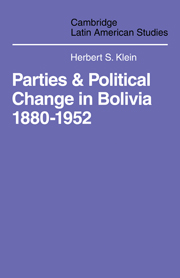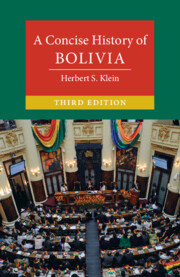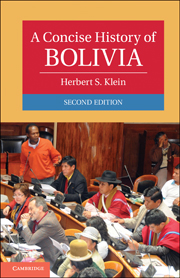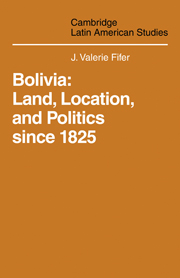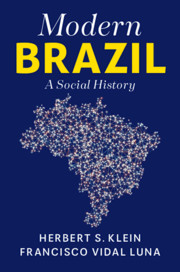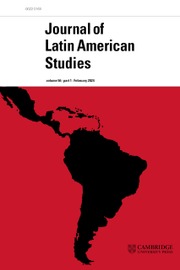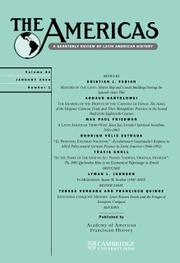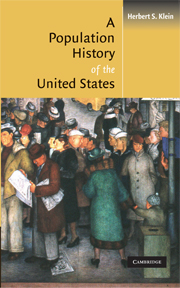Parties and Politcal Change in Bolivia
In 1952 Bolivia experienced a profound social, economic and political revolution, one of the very few such revolutions which have occurred in Latin America. As Professor Klein points out, the remarkable fact about the Bolivian National Revolution was that it occurred at all. In terms of political, economic and social development Bolivia was one of the most retarded states of the continent and was not particularly riven by rapid or dislocating social and economic change. In this detailed study, Professor Klein stresses the origins and development of the Bolivian political system as it evolved into a stable two-party regime in the nineteenth and early twentieth centuries. He then analyses the causes which led to the mutation of this system and the rise of class politics and social revolutionary movements in the middle decades of this century.
Product details
December 2008Paperback
9780521102018
468 pages
216 × 140 × 26 mm
0.59kg
Available
Table of Contents
- 1. The Establishment of the Political Party System
- 2. The Liberal Party in Power
- 3. The Republican Era: Saavedra
- 4. The Republican Era: Silos
- 5. Salamanca and the Coming of the War
- 6. The Chaco War
- 7. The Transitional Government of Tejada Sorzano
- 8. David Toro and the Establishment of Military Socialism
- 9. The Rise of German Busch
- 10. The End of an Era
- 11. The Rise of the National Left
- 12. The Coming of the Revolution.

